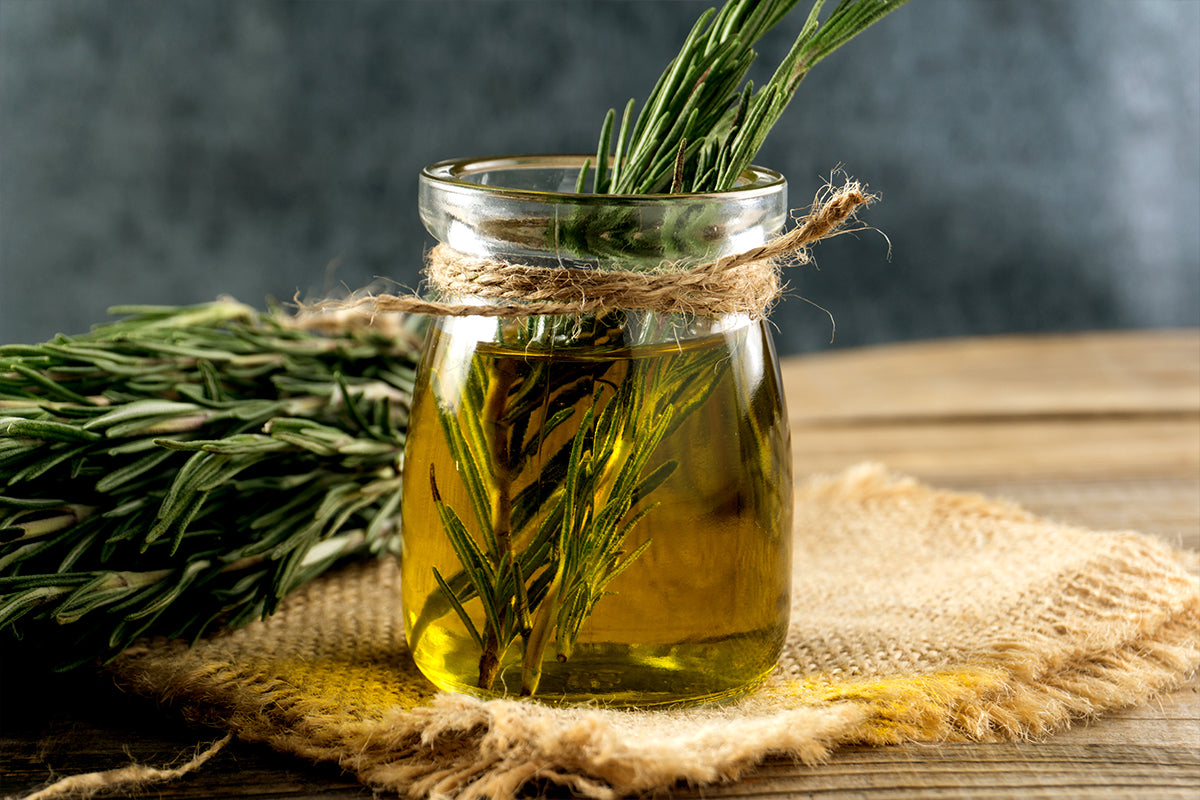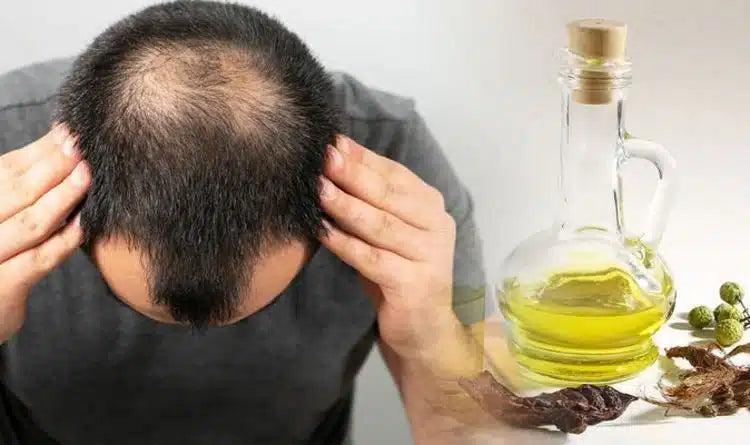The Truth About Rosemary Oil for Hair Loss: Does It Really Work?
In recent years, rosemary oil has become a staple in many beauty and hair care routines. With an ever-growing number of testimonials on social media and in specialized publications, the pressing question remains: Is this natural remedy truly effective against hair loss, or is it just another myth? Let’s dive into a comprehensive analysis to uncover what science says and how you can safely incorporate rosemary oil into your routine.
What Is Rosemary Oil?
Rosemary oil is an essential extract derived from the leaves and flowering tops of the Rosmarinus officinalis plant. Rich in active compounds like carnosic acid, this oil is renowned for its antioxidant and anti-inflammatory properties. These qualities make it a potential ally in improving scalp health and strengthening hair fibers. For centuries, various cultures have embraced rosemary not only for its culinary uses but also for its medicinal benefits.
Properties and Benefits for Your Hair

Stimulating Growth and Enhancing Circulation
One of the primary arguments in favor of rosemary oil is its ability to stimulate blood circulation in the scalp. Enhanced blood flow means that more nutrients and oxygen reach the hair follicles, fostering an environment that is conducive to robust hair growth. This increased circulation can activate hair roots, helping strands become stronger and more vital.
Anti-Inflammatory and Antioxidant Qualities
Rosemary oil’s significant anti-inflammatory properties can help soothe scalp irritations. In addition, its high antioxidant content combats free radicals, protecting scalp cells from potential damage and reducing inflammation. This dual action not only promotes a healthier scalp but may also help alleviate issues like dandruff and irritation, which are common in those with weakened or thinning hair.
Reducing the Effects of DHT
Dihydrotestosterone (DHT) is a key player in hair loss, particularly in androgenetic alopecia among both men and women. Some studies suggest that rosemary oil might counteract the effects of DHT by inhibiting its action on hair follicles, thus slowing the process of hair miniaturization. Over time, regular use of rosemary oil may help preserve active and healthy follicles, contributing to fuller, denser hair.
Scientific Evidence: Is It as Effective as Conventional Treatments?
Research on rosemary oil offers encouraging insights. For instance, a study conducted in 2015 found that its application was comparable in effectiveness to minoxidil (known commercially as Rogaine®) in treating androgenetic alopecia. Moreover, those who used rosemary oil reported fewer side effects—such as scalp irritation or itching—compared to traditional treatments.
Additional reliable sources have noted that by boosting blood flow and enhancing nutrient delivery to the hair roots, rosemary oil might serve as a natural option for individuals seeking a gentler alternative to medications often associated with adverse effects. However, it’s important to remember that results can vary based on the underlying causes of hair loss and individual differences.

How to Incorporate Rosemary Oil into Your Hair Care Routine
Dilution and Application Methods
To harness its benefits while minimizing any risk of irritation, it’s important not to apply rosemary oil directly to the scalp without dilution. Here are some tips for safe use:
-
Mix With a Carrier Oil: Combine 2 to 3 drops of rosemary oil with a carrier oil such as coconut, argan, olive, or avocado oil. Gently massage this mixture into your scalp.
-
Add to Shampoo or Conditioner: Incorporate a few drops into your shampoo or conditioner to seamlessly integrate rosemary oil into your daily routine.
-
Regular Scalp Massages: Massaging your scalp for a few minutes not only aids blood circulation and nutrient delivery but also provides a relaxing experience.
Additional Considerations
While the scientific backing for rosemary oil is promising, it is not a miracle cure for every type of hair loss. Its effectiveness depends on the root cause of the hair loss—be it genetic, nutritional, or related to another medical condition. If hair loss is persistent or accompanied by other symptoms, consulting a specialist is always a wise choice.

Conclusion
Rosemary oil stands out as an intriguing natural ally in the fight against hair loss. Supported by studies that suggest it can be as effective as conventional treatments—while offering the benefits of anti-inflammatory, antioxidant, and stimulating properties—its use can contribute positively to scalp and hair health. For best results, it should be used correctly and in consideration of the specific factors behind your hair loss.
While the evidence continues to build, combining this natural remedy with a balanced diet, effective stress management, and a comprehensive hair care routine may provide a holistic approach to nurturing your locks' vitality.
Have you tried using rosemary oil on your hair? What changes have you noticed? The interplay between traditional methods and natural treatments is a fascinating field, and every personal experience enriches our understanding of this versatile remedy.





